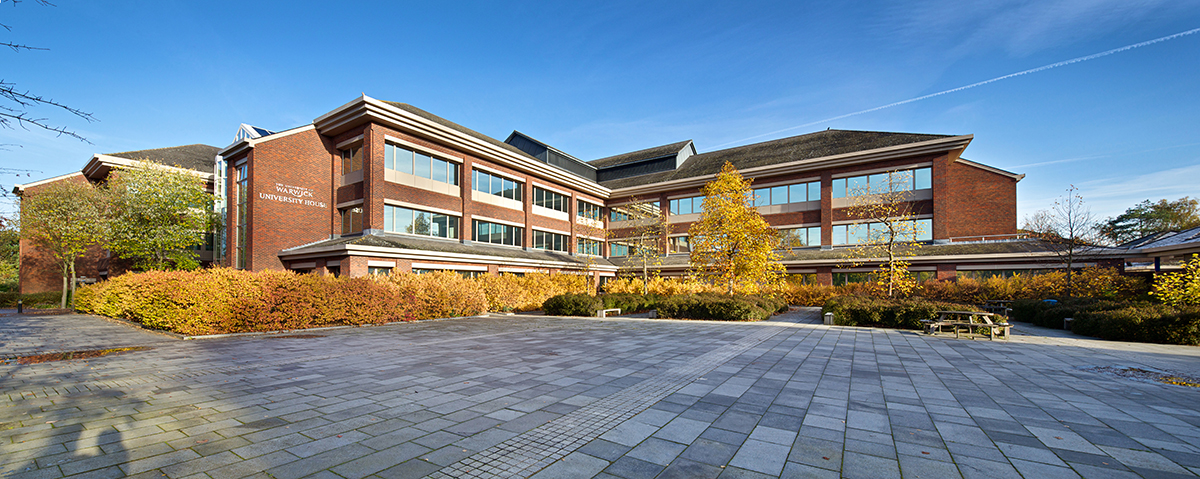UNIVERSITY OF WARWICK CHOOSES LIFTANGO’S GLOBAL CARPOOL SOLUTION
Part of Liftango’s commitment to sustainability includes offsetting all carbon emissions from every carpool trip.
The initiative aims to improve access to shared transport, giving staff and students a sustainable way to travel to and from campus.
Parvez Islam, University of Warwick’s Director of Environmental Sustainability, said: “The partnership between the University of Warwick and Liftango allows staff and students to use a cost-effective and environmentally friendly way of getting around. It also enables the University to reduce the number of cars on-site, utilise its parking more efficiently and quantify the environmental impact.”
The platform consists of a smartphone app for users to connect, and an operations portal where University administrative staff can monitor and manage the program’s success.
For staff and students, it now becomes easier to connect and carpool. Carpool requests get matched in real-time, which means no more waiting around for a match, and the service is free for all users.
Carpoolers can even make private requests to friends directly, making it that much easier to find a carpool ride.
Key to the initiative’s success is the inclusion of guaranteed parking for carpool users.
David Mawhinney, Head of Liftango – Europe, said: “Carparking is a powerful incentive for people to carpool. Finding parking is troublesome at the best of times. Providing the right incentive for people whilst minimising their environmental impact is a win-win.”
Several car park areas will have dedicated spaces for carpoolers, giving staff or students a more accessible option to find that last-minute car park.
The University of Warwick joins Liftango’s global network of climate-positive carpool partners, including organisations such as Tesla, INGKA Group, Unilever and the University of British Columbia.
About Liftango
We provide cities, organisations, and fleet operators with the knowledge to positively impact people’s lives by improving access to shared, connected and sustainable transportation. Our technology makes the best use of vehicle capacity while giving passengers the freedom to travel the way they want to.
Together, we help:
- Cities evolve into Smart Cities
- Transit Agencies to create better public bus systems
- Private Bus Operators to digitise their services to become more efficient
- Corporations to create sustainable and scalable mobility solutions for their staff
- Property Developers to design sites for future mobility solutions and reduce parking
About the University Of Warwick
The establishment of the University of Warwick was given approval by the government in 1961 and received its Royal Charter of Incorporation in 1965.
The idea for a university in Coventry was mooted shortly after the conclusion of the Second World War, but it was a bold and imaginative partnership of the City and the County which brought the University into being on a 400-acre site jointly granted by the two authorities. Since then, the University has incorporated the former Coventry College of Education in 1978 and has extended its land holdings by the purchase of adjoining farmland.
The University initially admitted a small intake of graduate students in 1964 and took its first 450 undergraduates in October 1965. In October 2013, the student population was over 23,000 of which 9,775 are postgraduates. Around a third of the student body comes from overseas, and over 120 countries are represented on campus.
Further information
For media enquiries, please contact:
Liftango
University of Warwick

